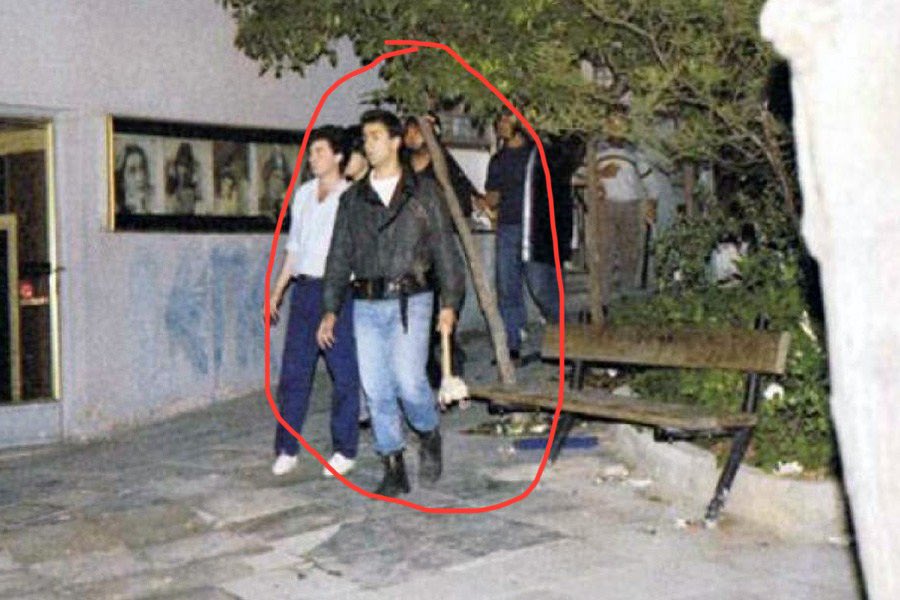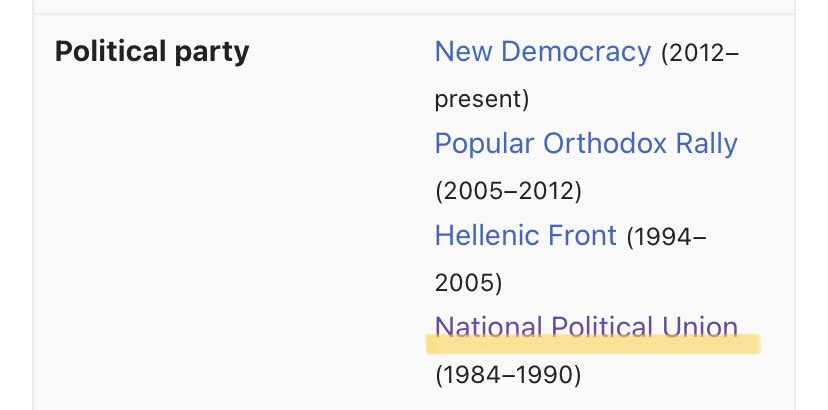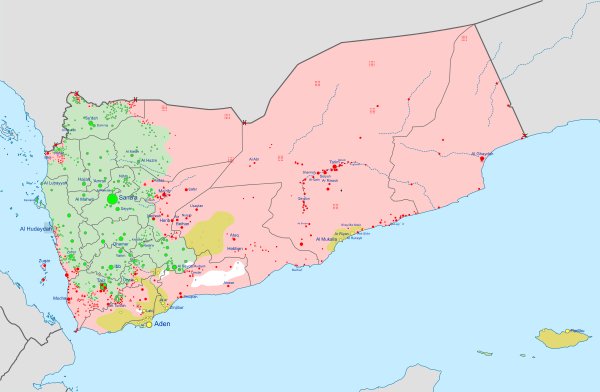It took 7 days for your 'upcountry' cheques to clear- meaning that if someone pays you a cheque in Sokoto and you pay it in in Ibadan, you had to wait for 7 days to receive value. Later, it became 3 days.
I recall as a young banker, I used to go to the CBN Clearing House with a box that was locked by my supervisor and which could only be opened by the CBN Clearing Supervisor. I carried that box like it was my life.
I had cheques of other banks and a very huge calculator we called casting machine inside that 'portmanteau'.
Around this period 20 years ago, there was an influx of new generation banks that changed the landscape. Now, see how the banks have changed in 20 years. In just 20 years, the banking sector in Nigeria is the one of the most sophisticated in Africa. So much progress has been made
Just before the turn of the last 20 years, the closest thing to a mobile phone was what was called 'nought nine nought'- 090. It was for the nouveau rich in Abuja at that time. Then came the liberalisation of telephony and we then had the GSM.
I remember how we used to have long queues at NITEL offices just to make telephone calls. In my parents house, our neighbours used to come in every evening to receive phone calls from sons or friends. Who would believe the GSM telephony is just about 20 years?
Initially, we had the voice revolution. Then came data. And with that so many businesses hinged on mobile telecommunications. Look at fintechs churning out solutions now.
20 years ago, what we knew as social media was just Yahoo messenger. Facebook didn't exist until around 2007. Instagram didn't exist until 2010. Twitter didn't exist until 2006. Yet, I can say social media has employed more Nigerians than the public sector.
There are so many entrepreneurs whose shops and offices are on social media.
20 years ago, our entertainment was still very limited. We still relied on foreign music and films. Then TuFace came on the scene with African Queen in 2004. Styl-Plus had released Olufunmi in 2003.
The music scene exploded. We saw the rise of real African megastars like Davido, Wizkid, Burna Boy, Flavour, Phyno, Darey Art Alade, Simi, Adekunle Gold, 9ice, Dagrin, Olamide, Asa and many others.
Nigerian music took over the world within the last 20 years with foreign artistes even seeking collaboration. I have heard our music played in Kenya, Ghana, Dubai, Gambia, Rwanda and a host of other countries. It's always a pleasant experience identifying as a Nigerian.
Who will believe that the new wave of cinema culture started when Silverbird opened its first cinema in 2004? Before then, most of us sat in our homes huddled around home videos that were poorly produced. Now, almost every major city has a cinema.
And with that came the giant malls that are all over the place. The first Shoprite store opened shop in Nigeria in December 2005. The first SPAR was in 2009. Nigerians started patronizing malls less than 20 years ago.
Pre-paid metres didn't exist 20 years ago. We had that very ambiguous billing system where NEPA wrote out a bill and that was what you had to pay. And then, the Nepa officials would go round with their ladders to cut cables of owing customers.
Even though the health situation still needs to improve urgently, I still think we made some little progress. The National Health Insurance Scheme (NHIS) didn't exist 20 years ago. There were no HMOs. Me Cure which is the leading diagnostics centre in Nigeria started 2009.
Even though there were reports of work done around IVF pre-2000, the first real major breakthrough was the delivery by Dr Richard Ajayi at his Bridge Clinic in 2001. Since then, the IVF babies are uncountable. The first renal transplant in Nigeria was in 2005.
What will be your role in shaping the next 20 years? Or the next 10?
Which products or services will you invent or discover?
Will you be a spectator or a participant?
The next 10, 20 years will usher in new opportunities. Are you prepared?
@threadreaderapp unroll

























